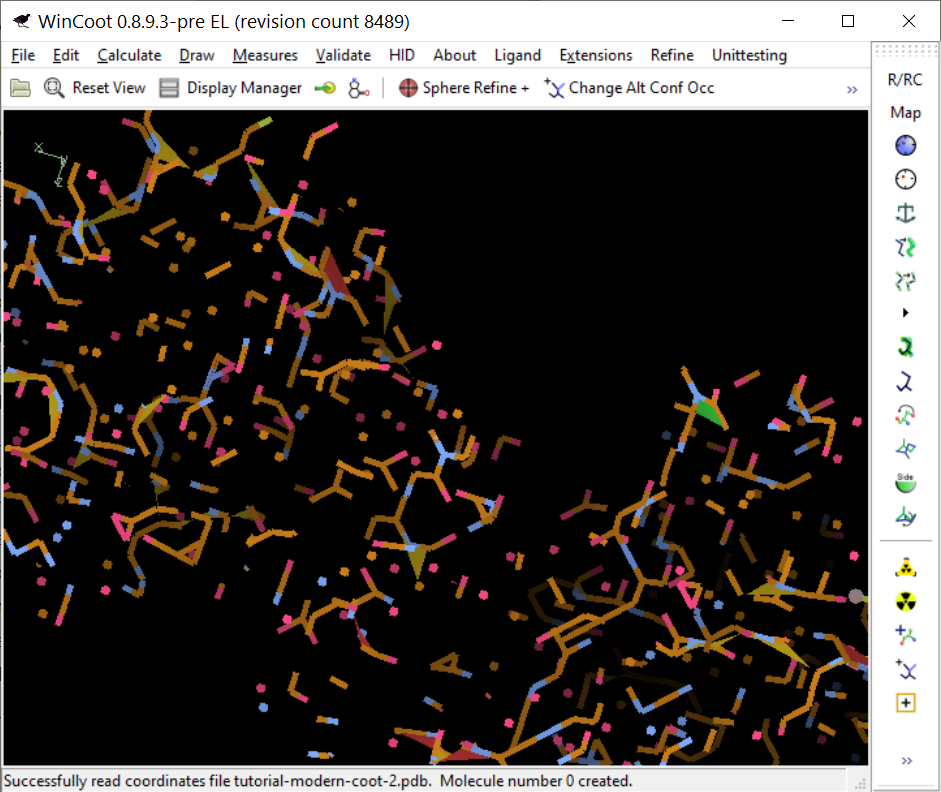
In short, just go to and pick a suitable binary, e.g.Ĭoot-0.9.4.1-binary-Linux-x86_ for a Red Hat Enterprise Linux 7 (or CentOS-7) or newer system. Read the Coot documentation to find out about the details. This is the recommended way for those who do not want to delve into the mysteries of compiling and linking a great but complex piece of software. Installation from a distributed binary tarball package Most of the other dependencies are also readily available. Installing coot on linux is rather more straightforward than on OS X, because most linux systems are based on gnome and/or kde, and tend to have many of the required components already installed. Please refer to Bernhard Lohkamp's WinCoot download page. Please refer to the Installing Coot on OS X page
#Win coot download install#
OS X install packages for nightly builds that work on 10.8.X and 10.9.X are available here: Coot OS X package installers
#Win coot download how to#
4.20 how to enable the interactive dots during RS refinement and the Ramachandran polyeders?.4.19 specify Coot download directory, like specifying backup dir by COOT_BACKUP_DIR?.4.16 make RSR in coot 0.8.1 behave like in earlier versions.4.14 reading MTZ file with experimental PHI and FOM using -auto.4.10 Disulfide bond across crystallographic axis.4.6 Setting default to show symmetry-related molecules.4.2 Get rid of the "fix nomenclature" check.4 Assorted questions and answers (from the mailinglist).2.4.2 Running a Scheme/Python command from Python/Scheme.2.4.1.1 Simple rules for Scheme to Python translations.2.4.1 Translating between Python and Scheme.2.3.3 Example 3: NCS Rotamer differences.2.3.2 Example 2: More key bindings (inspired by the Coot BB).2.3.1 Example 1: Bernhard Lohkamp's Key Bindings.



#Win coot download code#


 0 kommentar(er)
0 kommentar(er)
